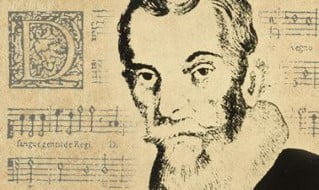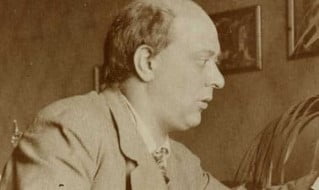First Nights – Monteverdi’s L’Orfeo and the Birth of Opera
Learn about Claudio Monteverdi’s L’Orfeo , one of the first operas ever written.
What you will learn
- Identify and describe the technical and formal aspects of 17th century opera
- Understand the instruments of Monteverdi’s orchestra, as well as the voice types of the singers
- Appreciate cultural context and performance circumstances of Monteverdi’s L’Orfeo
Program Overview
Claudio Monteverdi’s L’Orfeo premiered in Mantua in 1607, and continues to be regarded as one of the most important examples of early opera. With L ‘Orfeo , Monteverdi helped to establish the techniques and traditions that continue to inform the genre of opera to this day.
Harvard’s Thomas Forrest Kelly (Morton B. Knafel Professor of Music) guides learners through the first half of L’Orfeo , highlighting aspects of operatic form and dramatic technique, the rehearsals and cultural context for the premiere performance, and the work’s continued relevance today. There will also be a focus on Monteverdi’s life and work as a Renaissance court musician.
In this music course, you will learn the basics of operatic form and analysis, the genres and styles used, and the circumstances of this opera’s first performance and subsequent history. Learners in this course need not have any prior musical experience.
User Reviews
Be the first to review “First Nights – Monteverdi’s L’Orfeo and the Birth of Opera”
You must be logged in to post a review.







There are no reviews yet.